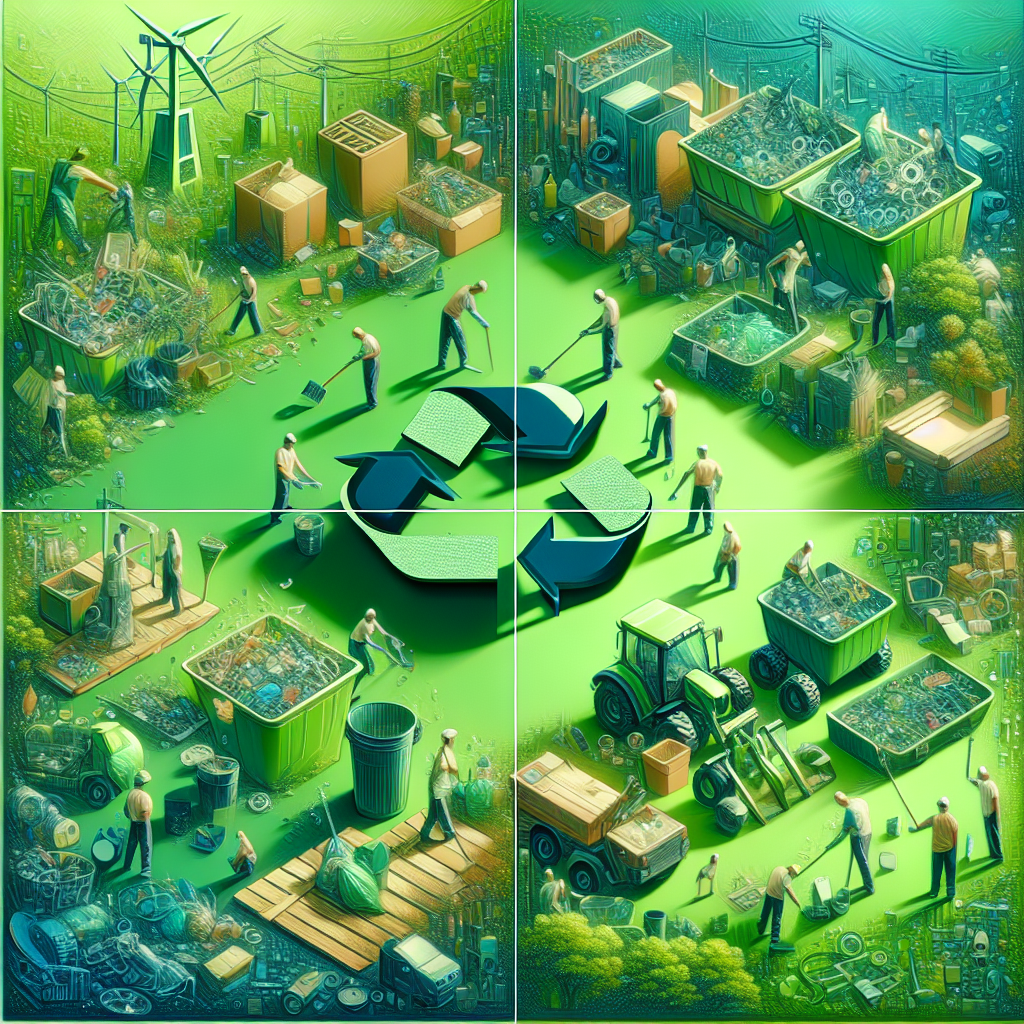Blog Ecobraz Eigre

The role of NGOs in transforming the recycling sector
Non-Governmental Organizations (NGOs) play a crucial role in transforming the recycling sector in Brazil, strengthening proper waste management, promoting environmental education and acting on regulatory compliance. This article discusses the relevance of NGOs in this context, based on current legislation and official data.
Legal Context of Waste Management in Brazil
The National Solid Waste Policy (PNRS), instituted by Law No. 12.305/2010, is the regulatory framework that establishes guidelines for the integrated management and environmentally appropriate management of solid waste in the country, including recycling. Its main objective is to promote sustainability by reducing the generation, reuse and recycling of waste.
NGOs, in conjunction with the National Solid Waste Management Information System (Sinir), as defined by CONAMA Resolution 451/2012, support the implementation of these instruments, encouraging selective collection and the proper segregation of recyclable materials.
NGOs' Contributions to Socio-Environmental Management and Education
In addition to providing operational support for the sorting and final disposal of waste, NGOs promote educational campaigns and awareness programs, which are fundamental for changing the behavior of the population and public sectors. These actions are in line with the objectives of the PNRS, which reinforce the importance of social participation in the solid waste management process.
This mobilization contributes significantly to strengthening recycling chains, reducing improper disposal, which negatively impacts the environment.
Electronic Waste Management Engagement
Of particular relevance is the role of NGOs in the management of electronic waste, such as obsolete devices and electronic equipment. The organizations work to receive, sort, recycle and safely dispose of this waste, helping to meet the targets set by the PNRS and mitigating the environmental and public health risks arising from improper handling.
Safe Sanitization of Data on Digital Media
Another significant area of activity concerns the safe sanitization of digital media, which is essential for ensuring the protection of information contained on discarded devices such as hard drives. The work of NGOs ensures the efficient and confidential destruction of data, in line with the information security and personal data protection regulations in force in Brazil.
Partnerships and Public Policies
NGOs maintain partnerships with public bodies and private entities, facilitating the development of public policies based on shared responsibility, as set out in Article 33 of Law No. 12.305/2010. Intersectoral collaboration strengthens the recycling chain and encourages innovation in sustainability practices.
Through these partnerships, investments are made in infrastructure and technologies aimed at recycling, as well as promoting technical training for those involved in waste management.
Impacts and Proven Results
Data from the National Solid Waste Management Information System (Sinir) shows the positive impact of NGO actions on increasing recycling rates and selective collection in different municipalities. These organizations also contribute to the social inclusion of waste picker cooperatives, promoting economic and social inclusion.
In addition, working together with environmental agencies such as CETESB helps to monitor and control environmental quality, contributing to mitigating the effects of waste on the environmental cycle.
Conclusion
NGOs are key players in transforming the recycling sector in Brazil, acting in compliance with current legislation and collaborating towards sustainable development. Their role extends from operationalization and education to the implementation of collaborative public policies that reinforce responsible and efficient waste management.
It should be noted that the continuity and expansion of these actions require institutional support and engagement from both public authorities and the private sector, with a view to improving the recycling chain in the country.

Deixe um comentário
O seu endereço de e-mail não será publicado. Campos obrigatórios são marcados com *